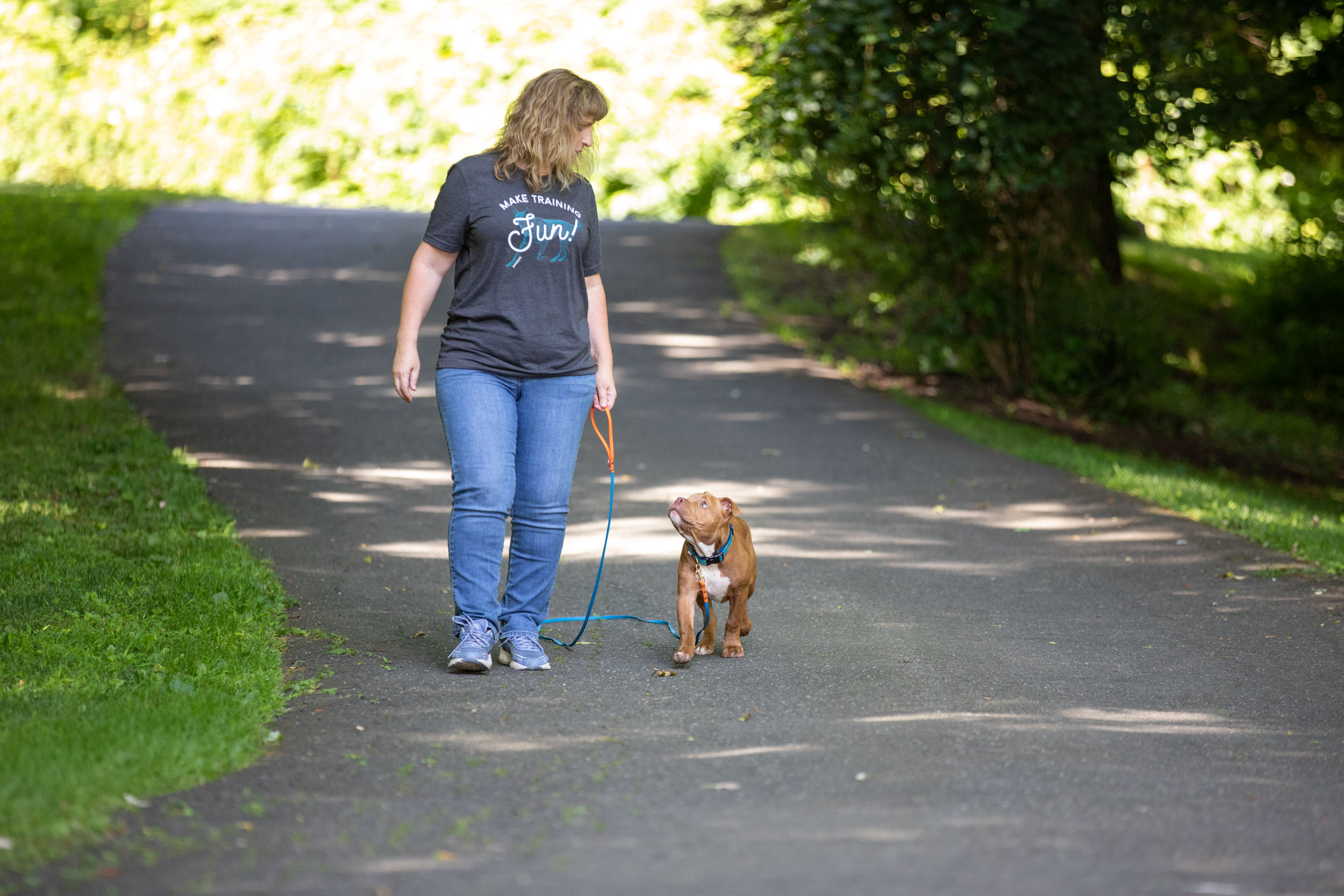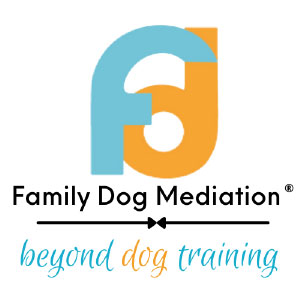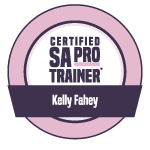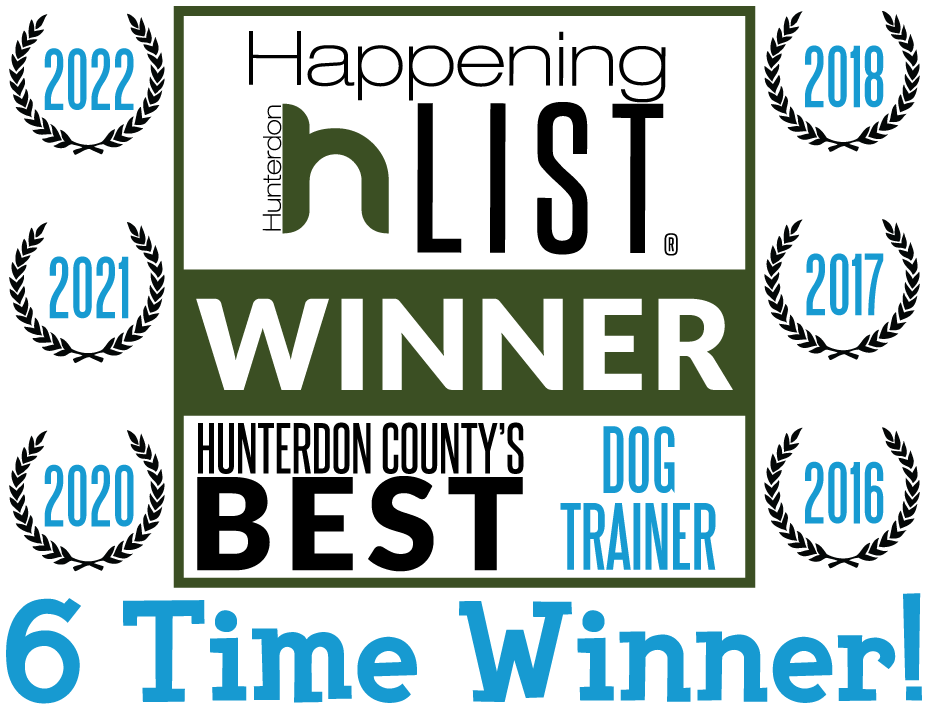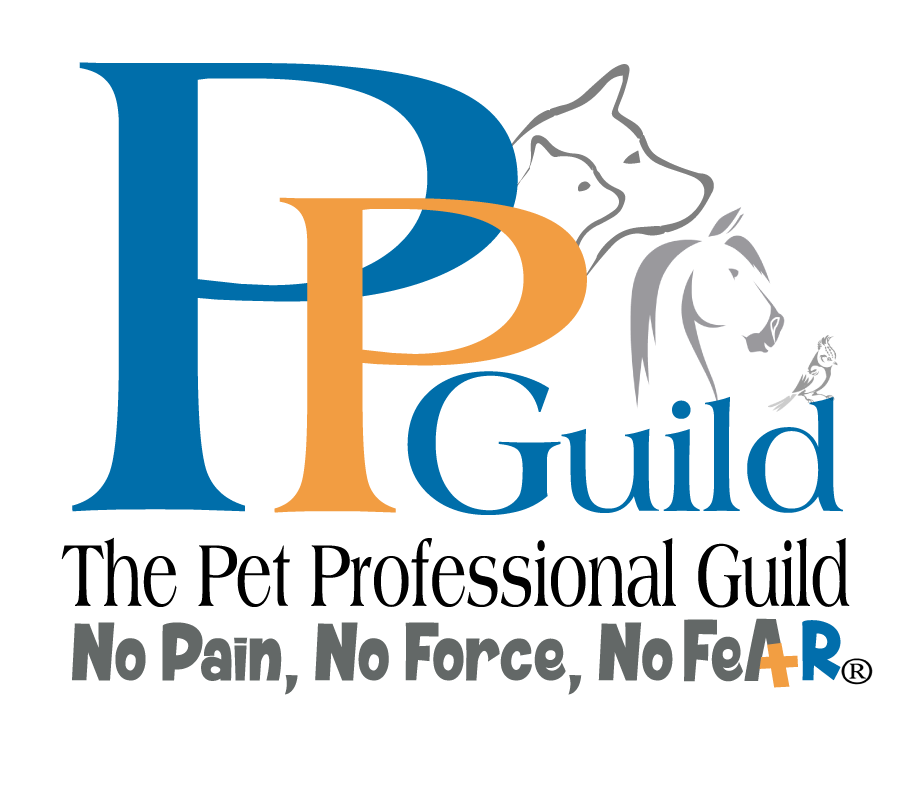Puppies are adorable, fun-loving, and curious creatures that require a lot of attention and care. If you’re a new puppy parent, you may be wondering how often you should train your puppy. The key to successful puppy training is to keep training sessions short and sweet. Here’s why.
How Puppies Learn
Puppies learn through repetition, positive reinforcement, and consistency. They are more likely to learn and retain information when the training sessions are short and frequent. Puppies have a shorter attention span than adult dogs, and they are easily distracted, so it’s essential to keep the sessions brief and fun. It might seem counterintuitive to train in small segments. Our human brains automatically tell us it makes more sense to train in longer segments to help teach behaviors, but when it comes to puppies, they will learn faster with shorter training sessions.
How Puppies Can Become Frustrated
Puppies can become frustrated if they feel overwhelmed, tired, or bored during long training sessions. When your puppy becomes frustrated, they are less likely to engage in the training process, and their learning is hindered. That’s why it’s crucial to keep training sessions short and enjoyable for your puppy.
How often should you train your puppy effectively overwhelming them?
Several Short Training Sessions Each Day Are Better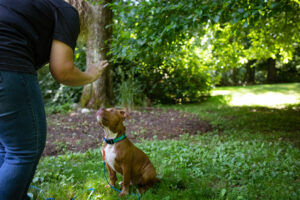
Instead of one long training session, consider several short ones throughout the day. Each session can be as short as 2 to 4 minutes or 5 to 10 minutes, depending on what you are working on. Spread them out during different times of the day. This approach helps your puppy retain information and remain engaged in the training process without becoming tired, overwhelmed or frustrated.
Long Training Sessions Aren’t Beneficial
Long training sessions can be counterproductive for puppies. Puppies have short attention spans, and they are easily distracted. When training sessions go on for too long, puppies may become uninterested, frustrated, and may not retain information as well. You can often see a puppy disengaging and this is often confused with a puppy “not getting it” which makes puppy parents want to continue the training session and try harder. This is why it’s better to have several short and fun training sessions instead of one long and exhausting session.
Keeping Training Sessions Fun is Important
Training sessions should be enjoyable for your both you and your puppy. Use positive reinforcement techniques such as treats, praise, and playtime. Make the sessions interactive and encourage your puppy to participate in the learning process. When your puppy enjoys the training sessions, they are more likely to retain information and remain engaged in the training process. We are no different, really.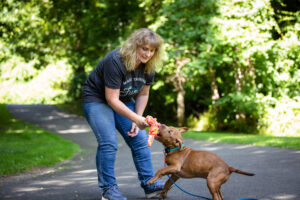
Think about the things you like to do. You like to do those things because they are fun and bring you joy. Putting together a piece of Ikea furniture might be necessary, but it can quickly become overwhelming, confusing, and frustrating. As a result, the excitement of what you first started quickly starts to fade to the point where you need to walk away and regroup. We feel refreshed and as if we can do more when we take breaks while using our brains to figure things out.
Puppies Have Short Attention Spans
Puppies have short attention spans, and they are easily distracted. A puppy can become tired or bored during long training sessions. Keeping the training sessions short and engaging helps your puppy stay focused and motivated. Short sessions also allow you to review and reinforce information without overwhelming your puppy.
In conclusion, learning new things is hard work. Short and sweet training sessions are more beneficial to puppies than long ones. They help your puppy retain information, remain engaged in the learning process, and avoid frustration. It takes a lot of brain power for your puppy to learn new things. Training is mentally tiring for your puppy. Remember to keep your training sessions fun, use positive reinforcement, and break things down into several short sessions each day. With these tips, you’ll be on your way to training your puppy like a pro!
Looking for the best and most effective way to train your puppy? Yes, I could use help navigating through puppyhood.

